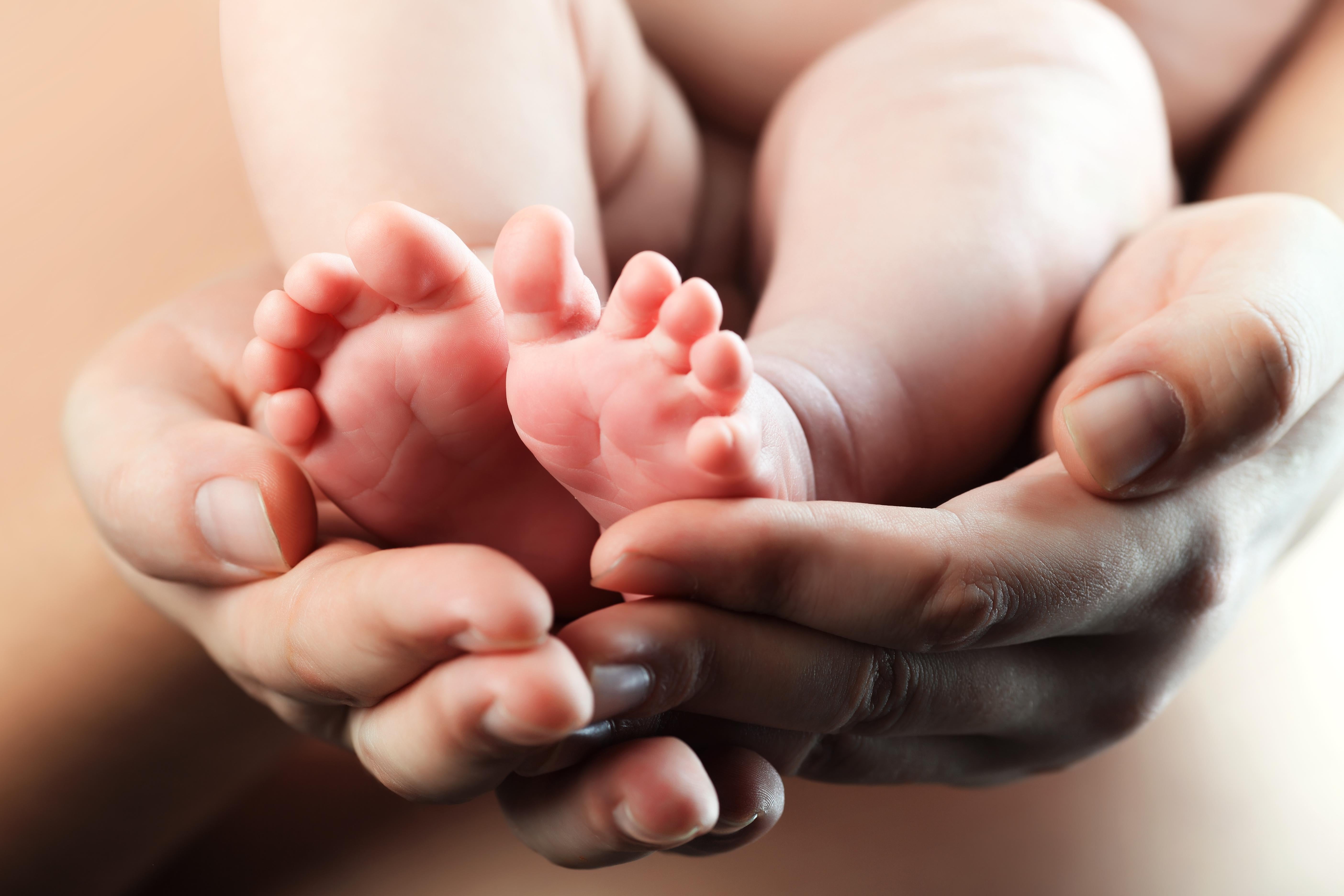Last week, a Pennsylvania judge issued a ruling in a surrogacy case involving the actress Sherri Shepherd. It’s a sad and complicated scenario: Shepherd and her ex-husband, Lamar Sally, conceived a baby using Sally’s sperm, a donor’s egg, and a surrogate’s womb. Shepherd and Sally split in the middle of the pregnancy, and Shepherd subsequently claimed that she was tricked into signing the surrogacy documents so that Sally might get more money from her in the form of child support. Shepherd disavowed the child, who was born in August. The Pennsylvania judge ruled that Shepherd’s name must go on the birth certificate as the child’s legal mother. Before the ruling, the surrogate’s name was on the certificate, and she, not Shepherd, was held responsible for child support in California.
To complicate matters further, this decision is just from one of three court cases pending in Shepherd and Sally’s split, all of which are in different states. In addition to the Pennsylvania parentage case, which has been decided, there’s a divorce action pending in New Jersey and a child support case pending in California. The surrogate resides in Pennsylvania, where the baby was born; Shepherd filed for divorce in New Jersey, and Sally filed in California.
This type of dispute is rare, says Raegen N. Rasnic, an attorney at the Seattle law firm Skellenger Bender who focuses on assisted reproduction. Andrew W. Vorzimer, a surrogacy lawyer, told the New York Times in 2014 that there have been 81 cases where intended parents changed their minds about a surrogacy agreement, and 35 in which the surrogate wanted to keep the baby (24 of those involved surrogates whose eggs were also used).
But what leaves the door open for these sorts of disputes is that surrogacy resides in a bit of a legal vacuum. In the United States, “There are not hard and fast rules,” governing surrogacy, Rasnic writes in an email. “Each state sets its own laws governing parentage and assisted reproduction. Most states have no laws at all applicable to surrogacy.” Increasingly, surrogates are residing in different states than intended parents. Ideally, Rasnic says, a written surrogacy contract should include “a choice of law provision specifying which state’s laws will apply to the determination of parentage and to interpretation of the agreement in the event of a dispute.”
Though Shepherd is not a biological parent of this child, Rasnic says the Pennsylvania court made the right decision “from a policy standpoint and from a legal standpoint, because it enforced Shepherd and Lamar’s intent.” A somewhat similar case in the 1990s may have set a precedent for the Pennsylvania court’s decision. A California couple, Luanne and John Buzzanca, commissioned a baby with a donor egg and a surrogate but divorced before the child was born; John did not want to pay child support. At first, the court decided that the child had no legal parents, and John was not responsible—but that decision was overturned because, as the California appeals court decision put it, the baby “never would have been born had not Luanne and John both agreed to have a fertilized egg implanted in a surrogate.”
Despite the fact that Shepherd now claims she was tricked into the surrogacy agreement, her past statements to the press tell a different story. In June 2013, she spoke frankly and jokingly about finding a surrogate to Essence.com. “We’re starting the process of making sure the uterus that we picked is not crazy,” she said back then. And she did sign the papers, even if she now says it was under duress.
So what does it mean that Shepherd has been declared the parent of this baby? It means she’s responsible for child support until the child is 18—or longer, if college support comes into play, says Rasnic. Shepherd can also seek custody or visitation, and the child could be entitled to certain benefits, like Social Security, upon Shepherd’s death. The Pennsylvania ruling does not cover these specifics, though; the specifics will be determined by the other cases pending in Shepherd and Sally’s divorce proceedings.
Though these sorts of complicated messes are rare, they are going to continue to come up. As Joan Heifetz Hollinger, an affiliate of Berkeley Law School’s Center for Reproductive Rights and Justice told me in regard to a different surrogacy mess, “One of the reasons we have so little consensus in this country or in the world, in terms of legality and the most appropriate ways to regulate [surrogacy], is there’s no consensus in the moral and ethical dimensions.” Until such a philosophical consensus is reached, there will unfortunately be real, live children caught in the middle.
